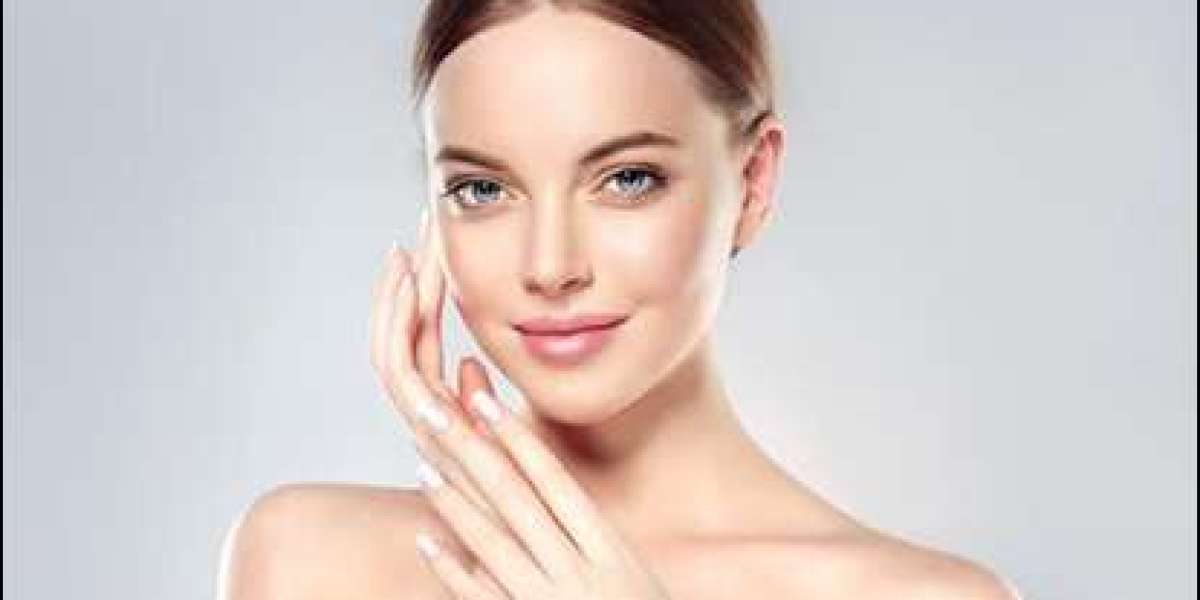As beauty standards continue to evolve globally, skin whitening treatments have gained immense popularity, especially in cosmopolitan cities like Dubai. While many individuals seek a more radiant and even complexion, the legality and regulation of these treatments vary dramatically across borders. Understanding the legal frameworks behind these procedures is essential—whether you're considering skin whitening in Dubai(علاج تبييض البشرة في دبي) or evaluating options in other parts of the world.
Why Legal Oversight Matters in Skin Whitening:
Ensures Product Safety:
Legal regulation keeps banned substances like mercury and high-dose steroids off the market
Protects consumers from counterfeit or harmful products
Encourages Ethical Practices:
Prevents clinics from offering unapproved or unlicensed treatments
Sets professional standards for dermatologists and cosmetic practitioners
Reduces Health Risks:
Unregulated treatments can cause burns, scarring, or long-term skin damage
Regulatory systems promote safe, evidence-based procedures
Skin Whitening Laws by Region:
United Arab Emirates:
Dubai’s medical authorities (DHA and MOHAP) strictly regulate all dermatological services
Clinics must be licensed, and only approved whitening agents are allowed
Glutathione injections and certain lightening peels are available but must be prescribed and monitored by certified professionals
United States:
FDA does not approve the use of injectable glutathione for skin whitening
Hydroquinone is available in concentrations up to 2% over the counter; higher percentages require a prescription
Many imported whitening creams containing mercury are banned and subject to seizure
European Union:
The EU bans the use of hydroquinone in cosmetic products due to safety concerns
Any lightening treatment must meet strict cosmetic safety assessments
Whitening injections are generally discouraged and lack formal approval
Asia (Philippines, India, Japan):
High demand but mixed regulation
Mercury-containing creams remain illegally available in some markets despite bans
In Japan and South Korea, skin brightening is normalized, with a focus on transparency and safety
Africa:
Countries like Ghana and South Africa have banned skin bleaching creams with dangerous ingredients
Enforcement remains inconsistent, and underground markets persist
Public health campaigns are pushing for stricter regulation and awareness
Ingredients Under Legal Scrutiny:
Banned or Restricted Substances:
Mercury: Banned in nearly all countries due to toxicity and organ damage risks
Hydroquinone: Restricted or banned in high concentrations in Europe, Africa, and parts of Asia
Steroids: Often misused in over-the-counter whitening creams, causing severe skin thinning and damage
Legally Accepted Alternatives:
Kojic Acid: A natural and safe alternative found in many regulated whitening products
Vitamin C: Widely approved and known for its brightening and antioxidant properties
Niacinamide: Accepted globally for reducing pigmentation gently
Ethical Considerations and Cultural Sensitivities:
Changing Perceptions:
Skin whitening is often linked to colorism, where lighter skin is perceived as more desirable
Global movements now promote skin positivity and challenge outdated beauty norms
Medical Ethics:
Dermatologists must balance client expectations with ethical responsibility
Pushing aggressive whitening treatments without clinical need may be seen as unethical or exploitative
Licensing Requirements for Clinics and Products:
Clinic Regulations:
Must be licensed by local health authorities
Treatments should be performed by qualified medical staff
Equipment and products must meet national health standards
Product Approval:
Skin care brands must register ingredients and pass safety evaluations
Illegal products often bypass customs through unregulated online markets
Red Flags to Watch for as a Patient:
Promises of “instant whitening” or “permanent fairness”
Clinics without verifiable licenses or registered dermatologists
Products without ingredient labels or with foreign-language-only packaging
Suspiciously low prices or cash-only services
Legal Repercussions for Clinics or Sellers:
In Dubai and the UAE:
Clinics using banned ingredients can face closure and fines
Unauthorized practitioners may be banned from practicing permanently
Seizure of products and public blacklisting is common
Globally:
In the UK and US, selling unregulated whitening creams can result in prosecution
Online retailers are increasingly under pressure to remove non-compliant products
Educating Consumers for Safer Decisions:
What to Ask Before Treatment:
Is this product or procedure approved by local authorities?
Who is performing the treatment, and are they certified?
Are the ingredients listed and traceable?
What are the long-term risks?
Safer Alternatives to Consider:
Professional facials with licorice root, arbutin, or glycolic acid
Dermatologist-prescribed regimens tailored to your skin tone
Gradual pigmentation correction instead of full skin tone alteration
Why Dubai Is a Trusted Hub for Regulated Skin Whitening:
Dubai has positioned itself as a center for safe, ethical, and modern dermatological care. Clinics must adhere to strict regulatory standards, ensuring that treatments for skin brightening are safe, effective, and medically supervised. Patients can access a variety of approved treatments under the care of licensed dermatologists, making the city a destination for both cosmetic excellence and legal assurance.
DHA and MOHAP monitor all clinical activities
Licensed professionals only use approved whitening agents
Clinics are regularly audited for compliance and hygiene standards
Final Thoughts:
Whether you’re undergoing treatment for pigmentation, sun damage, or simply seeking a more even complexion, legality should never be overlooked. As whitening treatments continue to trend worldwide, patients must educate themselves about the legal status of the products and procedures they’re considering.
From the tightly regulated clinics offering skin whitening (علاج تبييض البشرة) to countries still struggling with illegal product distribution, awareness is the first step toward protecting your skin—and your health. Choose treatments that are not only effective but also aligned with global safety and ethical standards.



